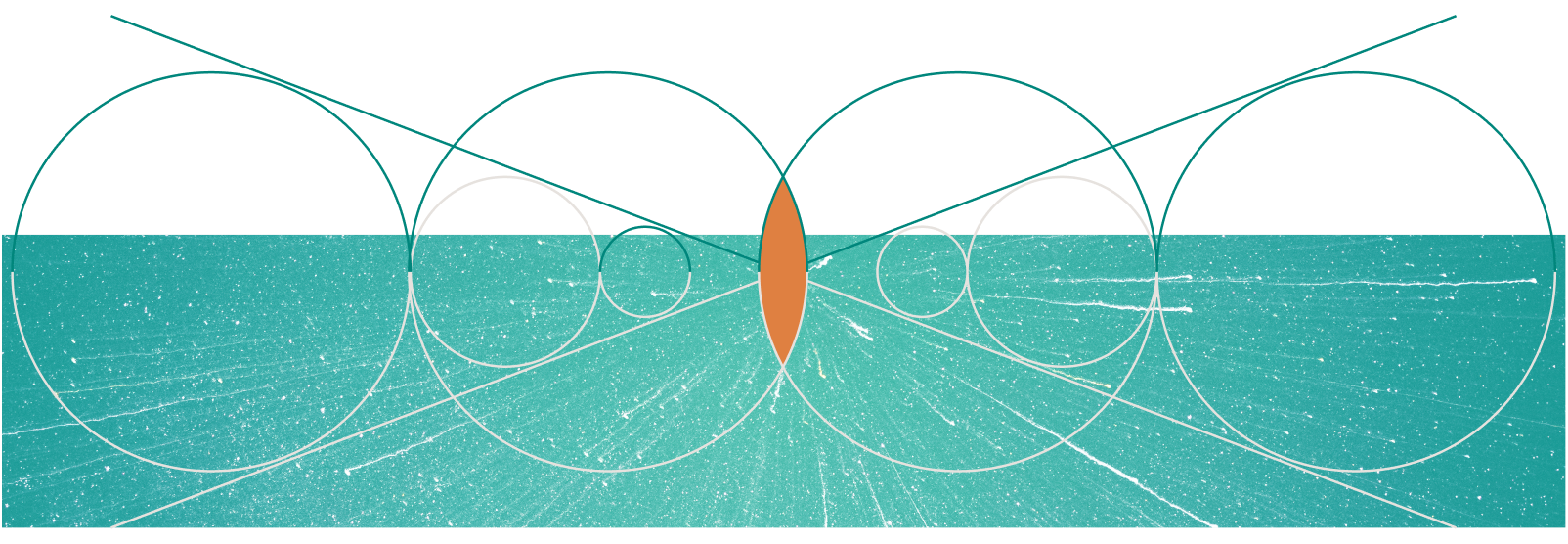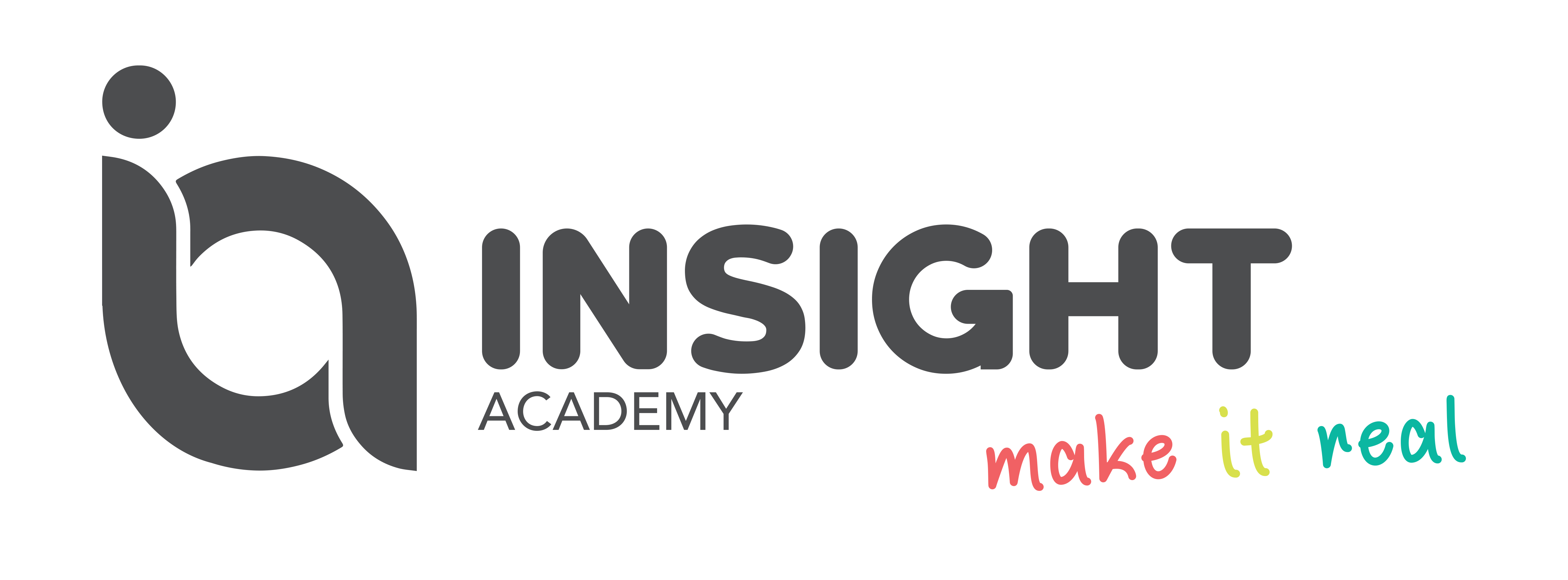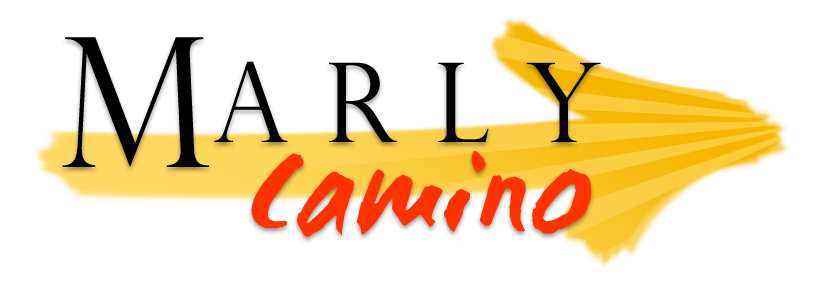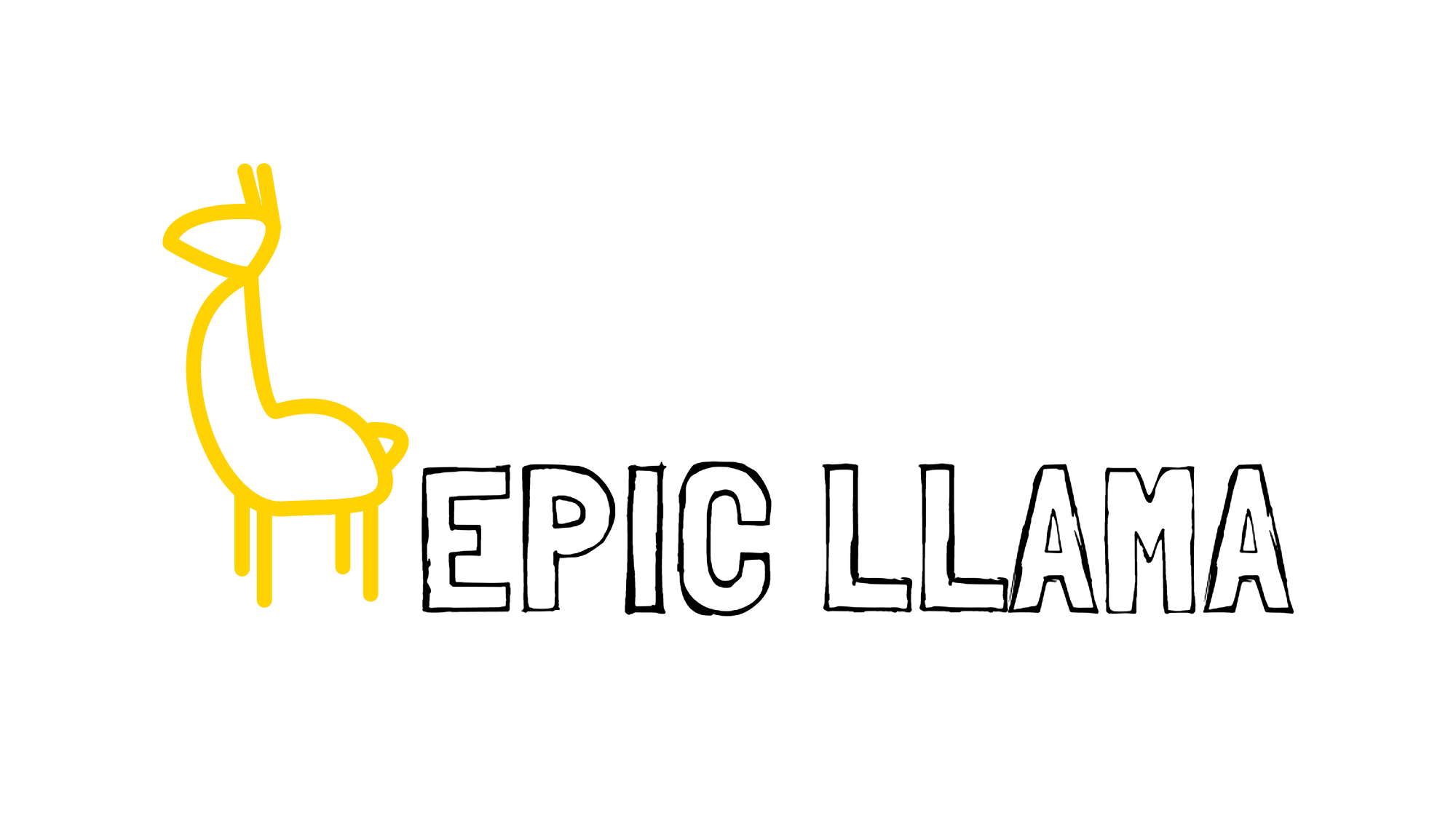Transform Yourself. Transform the World.
Foster a new paradigm of conscious leadership
rooted in healing, fueled by truth, driven by inner power.
Your empowerment hub and soulful community awaken, transform, and lead courageously.
Life is a playground for growth, connection, and transformation. We guide human beings to reconnect with their deepest selves, cultivate meaningful relationships, and inspire meaningful change.
For individuals – a safe space to heal, gain timeless tools, and live a life rooted in truth, courage, and Love.
For organizations – we design transformative programs that foster conscious leadership and collective well-being.
Humanity,
It’s Time to Level Up
The education humanity needs transcends the acquisition of knowledge.
Our educational system is overdue for a transformation.
The Self Academy elevates our collective abilities to reshape societal values, mindsets, and leadership capacities while teaching us to think and act on higher levels.
We combine timeless wisdom and practical tools to create real-world impact.
By replacing outdated paradigms with new maps of reality and cultivating inner harmony, we pave the way for life-affirming economy and a more conscious world.
WHAT IS THESELFACADEMY?
Our Three Pillars of Power
POWER WITHIN:
Lead yourself
POWER BETWEEN:
Lead Relationships
POWER BEYOND:
Lead your Legacy
Leadership starts within.
Self-leadership is the foundation for everything else. It’s the ability to meet yourself fully, your emotions, shadows, and truth, and stand in your own authority.
True power comes from within, and this is where it all begins. Without self-awareness, there is no real leadership. Without self-trust, there is no true confidence. This is the work that transforms not just you, but everything you touch.
Relationships are the fabric of our lives.
Nothing exists in isolation. Our relationships test us, grow us, and shape the way we move through the world. Leadership isn’t about authority, or power over others, it’s about connection.
The way we communicate, set boundaries, and navigate conflict determines the depth of our relationships. This is where self-leadership meets life, expanding our capacity for trust, truth, and co-creation.

Leadership expands beyond the Self.
Leadership isn’t a title or a position—it’s taking responsibility for your influence in the world. Impact isn’t about status; it’s about what you create, what you give, and how you move the world forward.
When you align with something greater than yourself—vision, truth, purpose—you become a conduit for something beyond you. This is where power moves into action, service, and legacy.
FOR INDIVIDUALS
TESTIMONIALS
What our Community Says
“The most meaningful and authentic workshop I have ever done (and I’m a big skeptic so I don’t say this lightly), excellent for those looking to understand their core values and take action to enrich their lives!”
Lea, Values Workshop
“Samantha helped me acquire key tools to develop and enhance my leadership capabilities both personally and professionally. I was definitely inspired by her experience and personalised coaching.”
Natalia, Leadership Student
“It was a great experience, juicy of knowledge and stories. The freedom to be yourself surrounded by like minded people who want peace in their world. Understand who you are- the key for your freedom.”
Delphine, Mindset Training
FOR ORGANIZATIONS
BUSINESSES & ORGANIZATIONS
Transform your organizational culture with tailored workshops, leadership training, and strategic.
- Leadership and Emotional intelligence
- Collective problem-solving & innovation
- Custom trainings, workshops & Team-building
FOR EDUCATIONAL INSTITUTIONS
Empower your institution with transformative educational practices designed to foster deep.
- Curriculum innovation & Alignment
- Strategic Educational Consulting
- Educator training & empowerment
They quickly became a key resource in our educational start-up in transforming the way we deliver our courses into highly engaging master classes. They also researched and produced highly specialized and targeted content for women in leadership in the construction industry.
That was the beginning of a journey in which she worked hand by hand with me to create a unique school that delivers unique outcomes to students. We wouldn’t be the institution we are today without the knowledge, passion and expertise in the professional and personal development that Samantha brought.
All team members were astonished with her capacity to orientate and explain those insights and emotions and even how to apply it in our daily work duty. Her capacity to organize it in just 2 days with such complexity topics and boosting the best of each team members was tremendous spectacular and unique
THE CLUB
Join our awesome community of heart-centered individuals.
Over 80,000 people have written themselves a Future Email. Write a letter to your future self and schedule to receive it at a date in the future. We're here to learn and evolve, don't let yourself forget!
This event that allows you to connect deeply with yourself, get playful, explore and practice games, tools and exercise to connect deeply with others! Find a city near you.
SIGN UP FOR LIFE-AFFIRMING MAIL

ABOUT US
Samantha Sacchi Muci
Our Founder
As a deeply sensitive soul who grew up between continents, Samantha’s endless inner & outer search has taught her to truly belong to herself. Born in Venezuela, raised between the U.S. and Spain, and with Italian and Lebanese blood – she has lived in over 10 cities across 4 continents.
As an eternally curious path-forger, she is always asking herself how we can create a better world and human experience. Growth and peace are her drivers. Love is her fuel. She reminds human beings of their power and Love by guiding them home to themselves, to know themselves and be themselves deeply.
She’s a born entrepreneur and communicator in total service to humanity’s expansion of consciousness. She’s a force of nature, a natural innovator and a scientist of creativity and of the heart.





